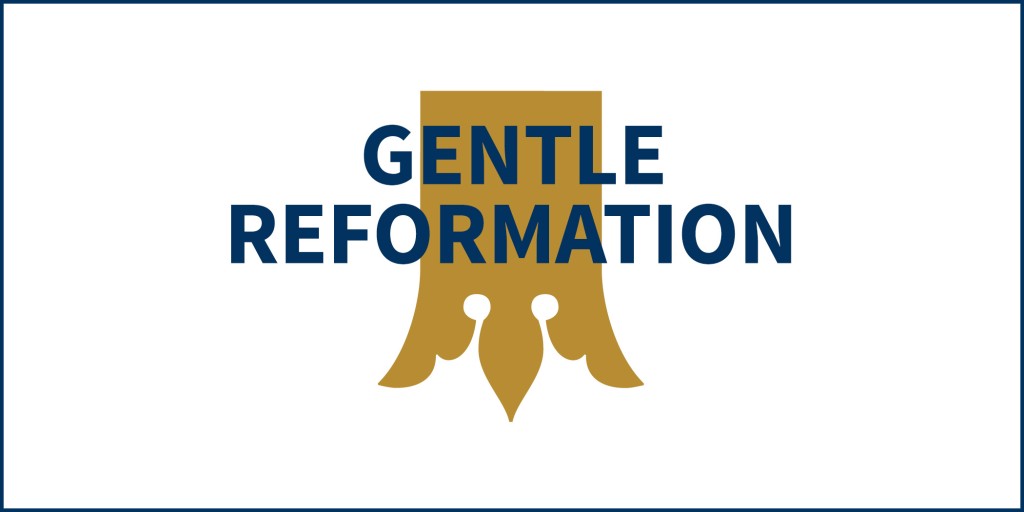You have free articles remaining this month.
Subscribe to the RP Witness for full access to new articles and the complete archives.
What were the dates that Augustine preached; would you know them? How about Bernard’s dates or John Chrysostom’s? When did Calvin preach in France or Whitefield in the colonies? Sometimes the precise dates do not matter as much as the kingdom influence that preaching has accomplished.
The Prophet Joel was a preacher in the city of Jerusalem and, most likely, was employed at the temple. Temple language and familiarity abound, but a time stamp is difficult to place when studying this Minor Prophet. Calvin said, “It is better to leave the time in which he taught undecided; and as we shall see, this is of no great importance.”
Joel was a preacher who pointed to a Jesus Christ that was to come. Although the preacher exegetes coming locusts, armies, judgments, and renewal, he understood the wider historical redemptive context in calling the church to call upon the coming Messiah. Jesus Christ was preached.
Outline and Themes
The short book is divided into two sections: Joel 1:1–2:17 and 2:18–3:21. The first section, focusing on locusts, is a call for the people of God to wake up and repent. The second section looks ahead to God’s judgments and the coming day of the Lord. One has said, “The whole composition has been constructed as an intricate literary mosaic with remarkable skill and care” (Allen, New International Commentary, 42).
As the locusts came to bring their destructive power, the preacher looked to the people of God and without discrimination called upon them to repent and live according to the covenant promises. Who did the preacher call to repentance? Elders (Joel 1:1). Citizens of Judah (v. 1). Drunks and wine drinkers (v. 5). Young women (v. 8). Priests (vv. 9, 13). Farmers and vinedressers (v. 11). Moms, including those nursing (2:16). Brides and bridegrooms (v. 16).
Following the call to repentance and a proclamation of the mercies of God, Joel presses down with the weight of the law and ends his prophecy with the joys of a coming time when “the mountains shall drip with new wine, the hills shall flow with milk…and a fountain shall flow from the house of the Lord” (Joel 3:18). The church of Jesus Christ will, through the work of the coming Spirit of God, provide spiritual refreshment throughout the whole earth.
Jesus in Joel’s Prophecy
Several of Joel’s passages make their way into New Testament theology and point the reader to Jesus Christ. You know the call to believe from the Apostle Paul in Romans: “For whoever calls on the name of the Lord shall be saved!” (Rom. 10:13). This comes from Joel 2:32.
One of the most famous sermons in all of Scripture (and most effectual as well) is Peter’s preaching in Acts 2 following Pentecost. As the Spirit of God descended upon the believers in Jerusalem, manifestations of God’s work of redemption were seen in fathers and mothers, young men and women, boys and girls. The Spirit of God would renew Jesus Christ’s church and would do so from all nations and categories of persons: All flesh will see Jesus build His church!
Application from Joel
How can Joel’s words be applied to our day? Most of us do not see locusts and armies coming to destroy, but that does not mean judgment is never seen among the house of God. Judgment begins at God’s house, and Joel would call on the church first and foremost to meditate on what repentance we need to demonstrate before the Lord. Most see judgment as something being “out there.” Joel teaches the church that judgment begins “in here.” The day of the Lord is for the church first.
Second, Joel tells you to call upon the name of the Lord. Come and be saved! This message is the same as the Christian message, isn’t it? Joel’s preaching, in many ways, follows a Guilt-Grace-Gratitude theme. The grace comes through Jesus—call upon His name and be saved.
Last, Joel would call you to sincerity. “With all your heart” and “rend your heart” are central to his message of repentance. Sincerity and faithfulness to the ordinances of God are not put against each other—they belong together. Heart religion is faithful and true.
Joel is not a preacher that is separated from our need as a church. Looking past the armies and locusts, he calls us to look to Jesus and to call upon His name in full and heartfelt repentance. Even if we don’t know when Joel preached, he has a message that is timeless and for every age. Now apply it.
